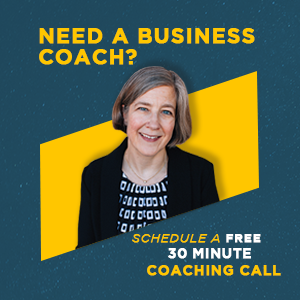What if each of us in a leadership role simply made a point of working to make hope happen for the people we work with every single day? Within a few weeks, hope levels would have certainly gone up. By the end of a year, we’d have hope deeply embedded in the workplace culture; the climate of the organization couldn’t help but be significantly sunnier than it would have been before you started.
Read More
If you’re like most business leaders, you’re always looking for ways to educate, empower and engage your employees. Want proof? Studies show that 90 percent of leaders think an engagement strategy will have an impact on business success. The only problem? Barely 25 percent of them have a strategy for implementing it.
Read More
Opening the books only works when people are taught to understand them — which is best done both formally and informally. When The Game is created with broad participation — specifically the people who are closest to the action and who understand the realities — it creates a level of commitment and alignment that just can't be matched.
Read More
Learning about open-book management is one thing; putting it into practice is quite another. Because it’s such a big business strategy change, many business owners are hesitant to take the plunge. To help you envision how to get started with open-book management (OBM), here’s a Q&A with a real-life practitioner who recently implemented OBM at her company:
Read More
This is NOT a regurgitation of the obvious reasons great employees stay. Because great employees show up, deliver results and consistently go above and beyond to support the company, they could easily jump ship for a better job offer, or, if bold enough, strike out on their own. But they don't.
Read More
For the last two years, we have been implementing open-book management in a small community craft center near Kruger National Park in South Africa. Fifteen years ago, I implemented open-book management in a highway construction and materials company in St. Louis, Missouri. Even though the businesses, cultures, education level, and many other things are vastly different, I have noticed some similarities between the two in ideas that work well with people on opposite sides of the planet. The Great Game approach to management is a practical science of observing what actually gets results. Through a long process of trial and error, I have discovered some universal commonalities in human behavior, despite residing on different continents.
Read More
I feel better knowing. Not knowing is scary. Many people don’t like knowing and practice living “Ignorance is bliss.” I am a bit too neurotic and controlling to accept ignorance as my default lifestyle choice. I am uncomfortable with the unknown, and, if I am left to my own thoughts, I am good at conjuring up a slew of conspiracy theories around a multitude of good and terrible things that are “going” to happen.
Read More
Business leaders often ask, “I know we need to keep people informed. But what kind of information do they really need?” I’ve been studying this issue for more than 30 years. Our research is pretty clear about what information people need to perform at their peak. There are five information categories:
Read More
In 2007, we rolled out the Zingerman’s 2020 Vision with much fanfare. As the written picture of what success would look like for our organization, we included such lofty headers as "Radically Better Service," "An Education Destination," "Changing Our World" and ... "We Put the F U in Fun." In the year 2020, Zingerman’s is planning to have increased the level of fun at work by at least 380%!
Read More
It’s official: The traditional classroom is dead! Okay, a bit dramatic, but our research at Amy’s EDU illustrates the ineffectiveness of traditional classrooms in the workplace; instructors in front, perfectly lined rows and sitting still for hours. If creating a regular business and financial literacy program seems daunting; we get it, you need valuable resources like money, time and focus. What if we told you that a break room could be more effective than traditional methods of adult education?
Read More

.png)

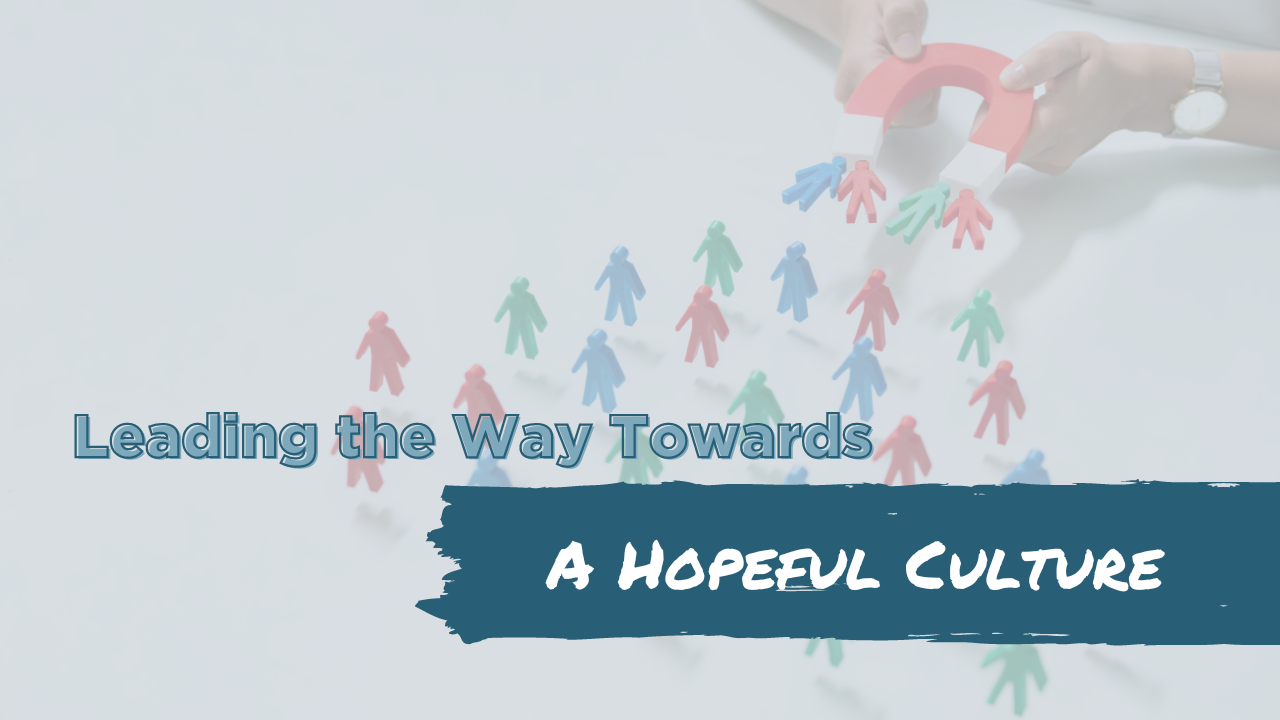
%20blog.png)
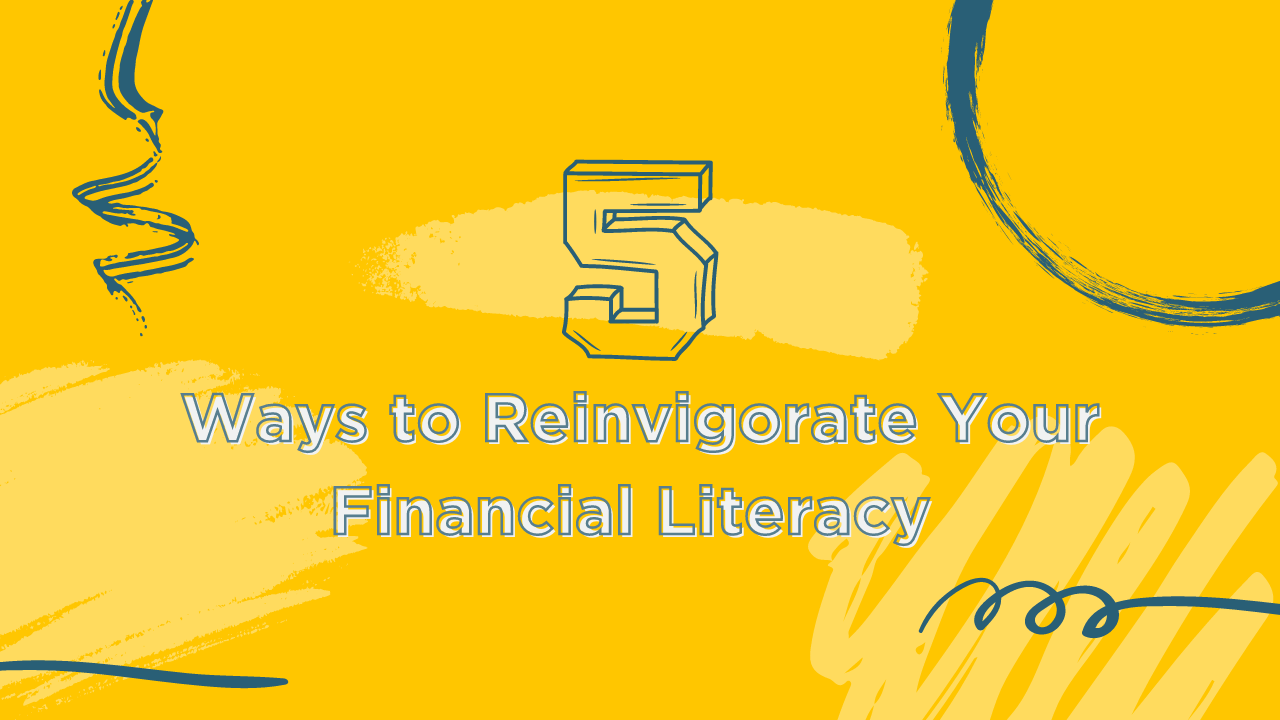
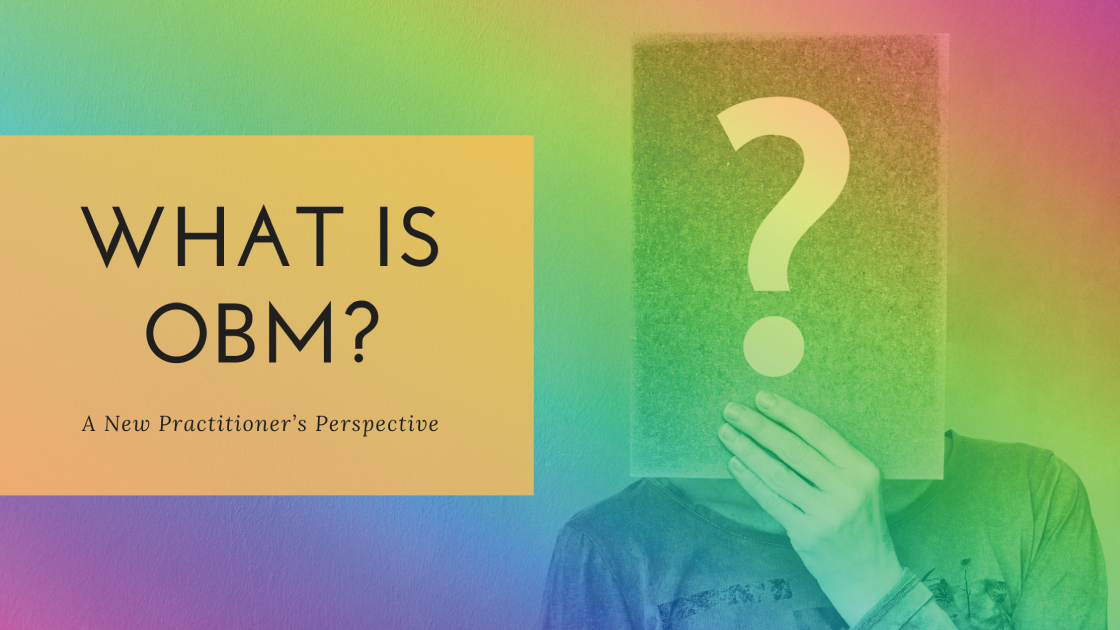


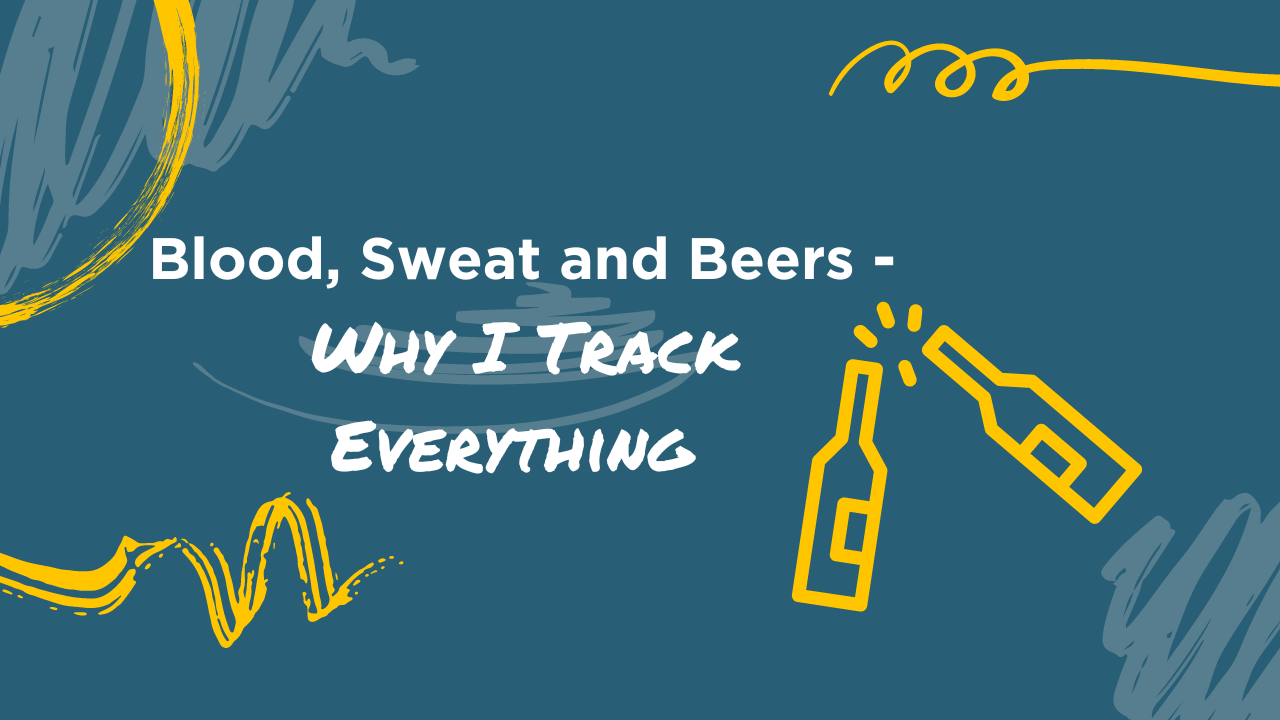







.png)




-5.png)
